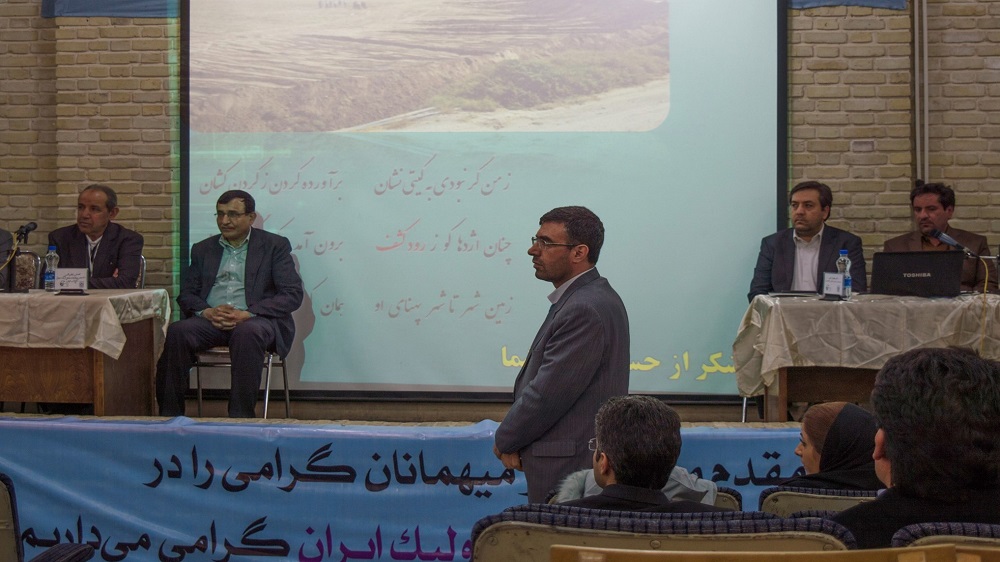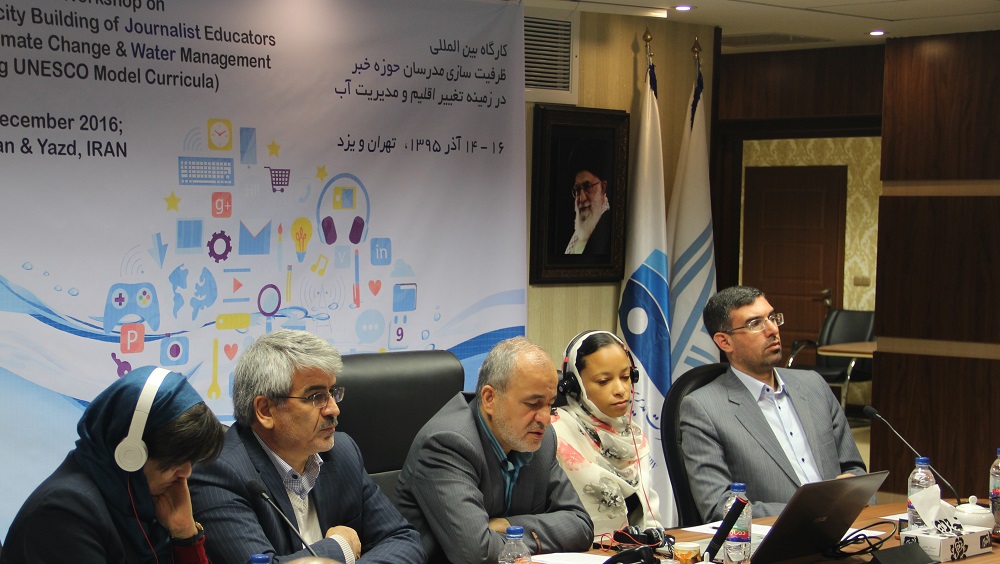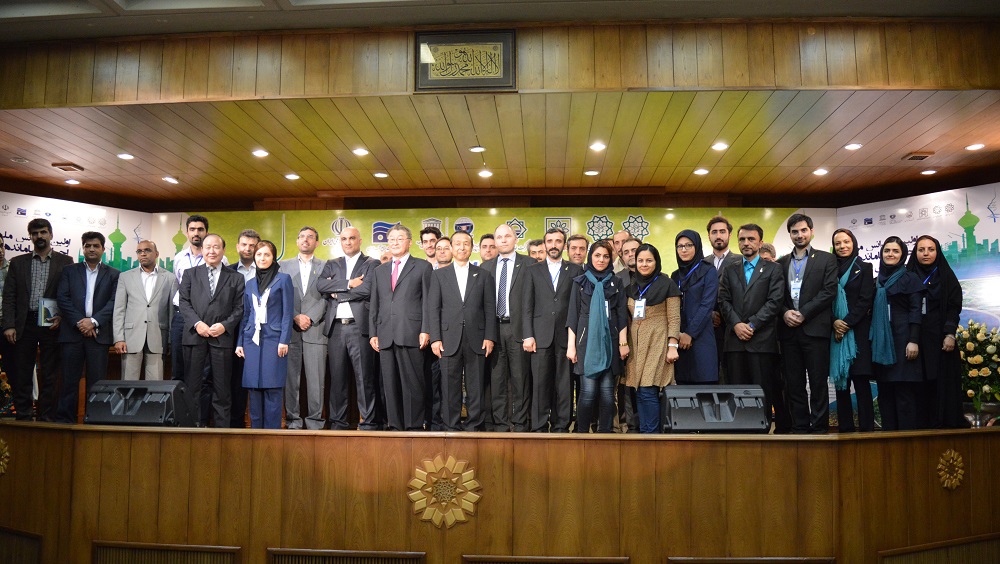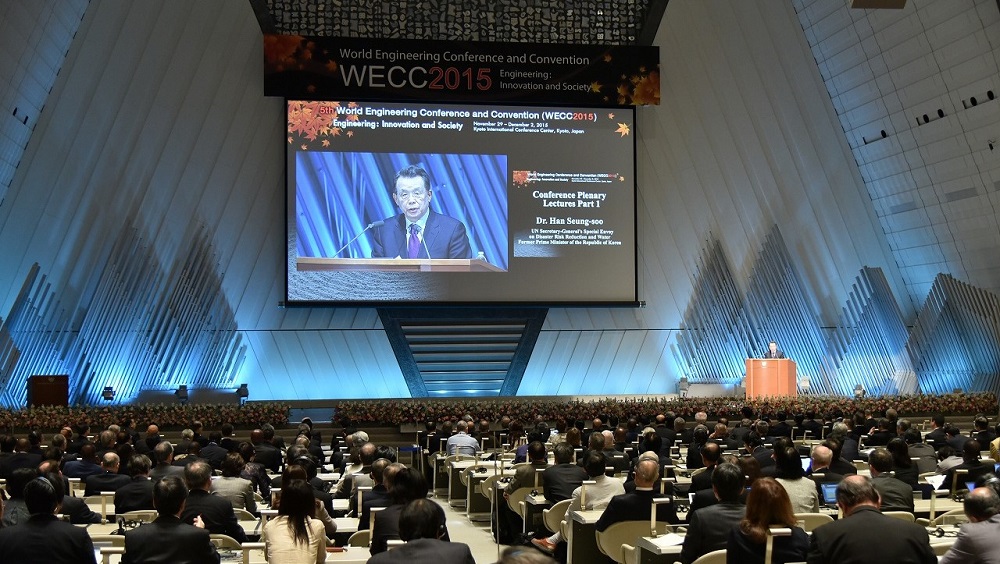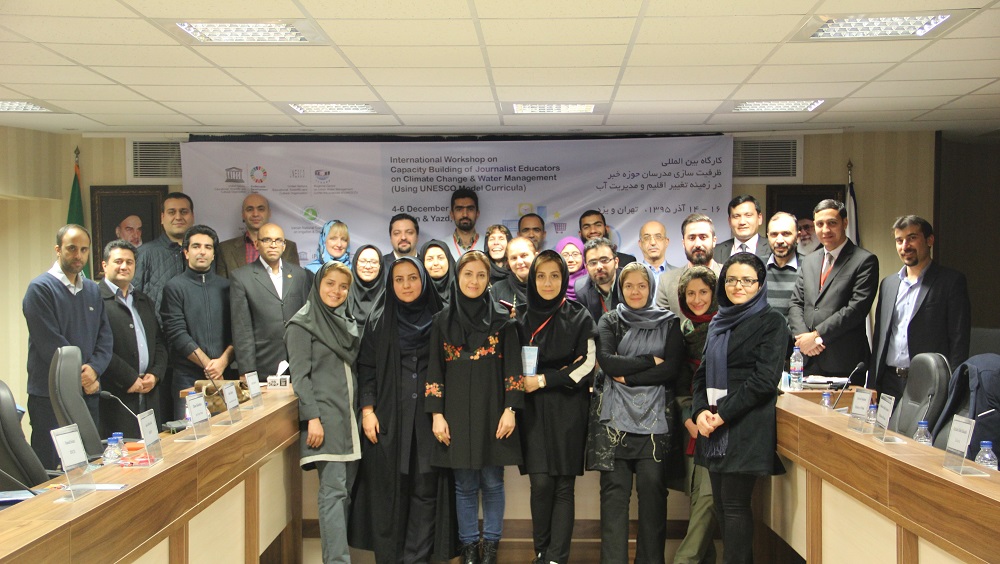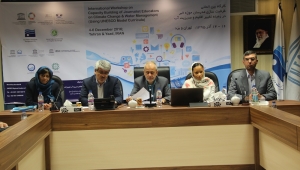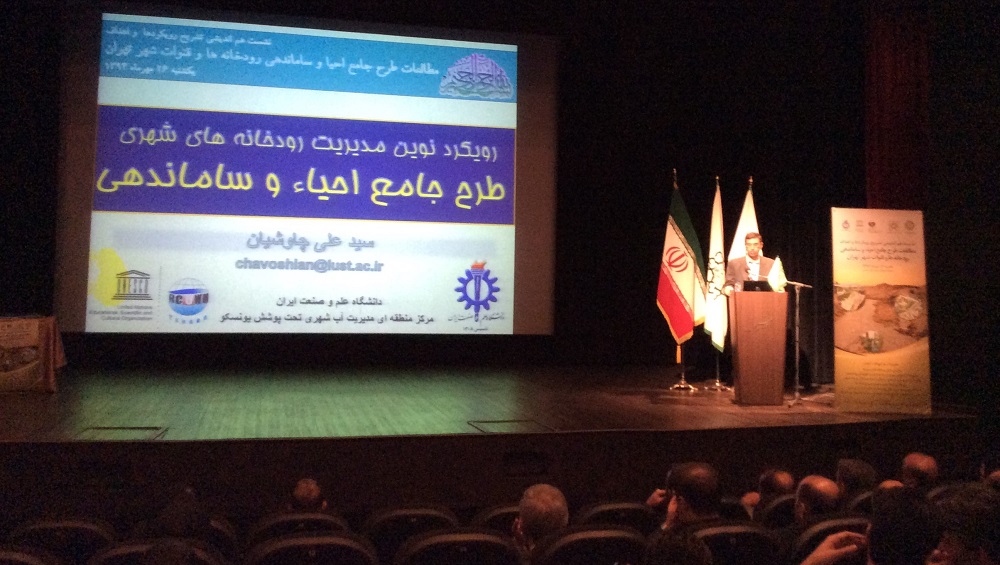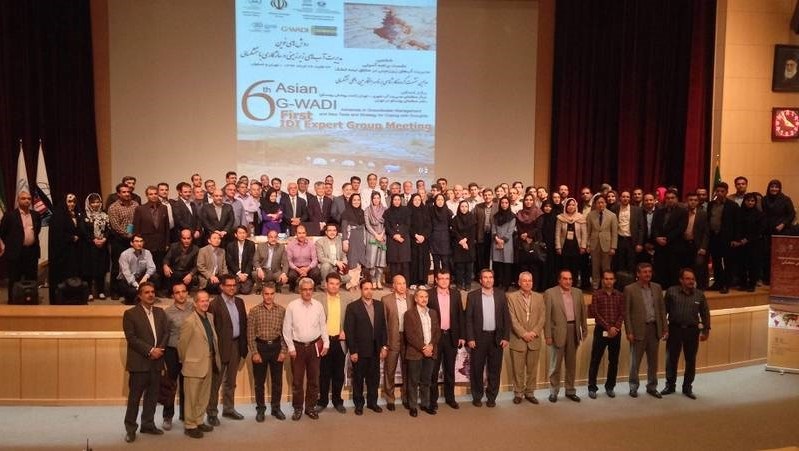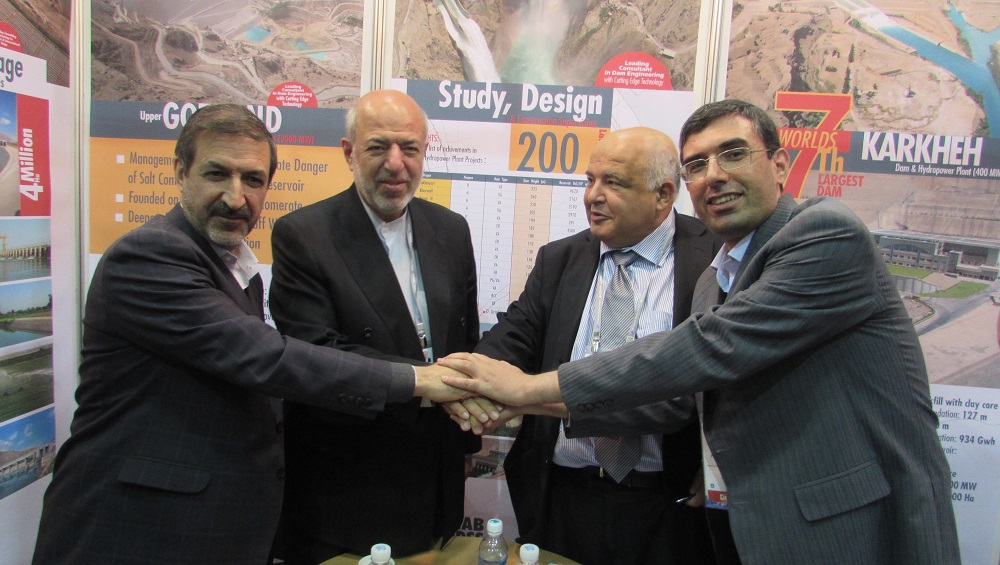Technical Session: Urban River Restoration and Improvement on the occasion of Iran Hydraulic Conference
Date: 14-15 December 2016
Venue: Qazvin, Iran
Co-organizers: RCUWM–Tehran, Iran Hydraulic Association, Qazvin University
Participating Countries/Organizations: Iran
Number of Participants: 60
Number of Female Participants: 23 (39%)
Objectives/Outcomes:
- Providing the latest achievements in the field of hydraulic engineering, meeting the needs of the country’s water industry, paying attention to sustainable development indicators and addressing environmental issues

